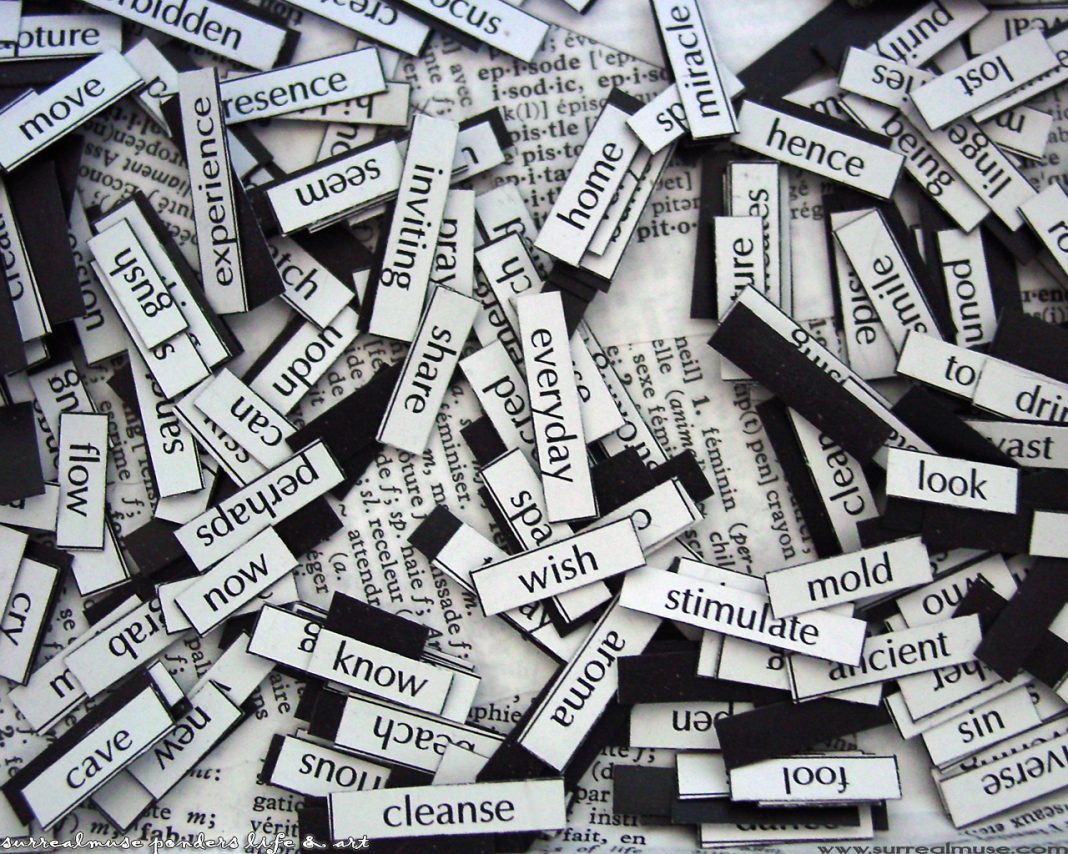This week, don’t be surprised if you find a poem posted in your dorm hallway or written in chalk on the sidewalk.
An unofficial holiday, poetry enthusiasts celebrate Random Acts of Poetry day every first Wednesday of October. The annual observance encourages lovers of poetry to not only write their own poems, but to share them with others.
While National Poetry Month is celebrated in April, this day in October allows poets to ensure that celebrations of poetry are not limited to just one month each year. This love for the art form transcends U.S. borders — all over the world, people will be united in this act of spreading poetry in a variety of outlets.
Grace Altidor, a senior health sciences major, said her favorite poets are Rupi Kaur, Bible character King David, Robert Frost and Maya Angelou, who all write poetry she feels is transparent and easy to interpret no matter one’s poetry knowledge.
“I can relate to and resonate with [their poetry] in one way or another and that continues to edify me and my sense of self understanding and in gaining and improving my confidence,” Altidor said.
Particularly fond of Kaur’s poems, Altidor cited the collections “The Sun and Her Flowers” and “Milk and Honey” as books that were pivotal in her life.
“I really love them because they empower women and people to gain a better understanding of self-worth and self knowledge,” Altidor said. “One of the first times I read ‘Milk and Honey’ I was going through a break up and it really just reminded me that he wasn’t the sun of my life.”
Okera Hastings, a senior studying environmental engineering, said while her favorite poems are “Once Upon a Time” by Gabriel Okara and “A Contemplation Upon Flowers” by Henry King, her favorite poet is her friend and UM student Toni-Ann Farquharson.
“She embodies a lot of emotions I feel, empathize with and relate to through her poetry,” Hastings said.
Though Hastings does not frequently write poetry, she occasionally uses the art form as a creative outlet.
“What inspires me on those very rare occasions are my emotions and how I feel about the current state of my life or surroundings,” Hastings said.
Altidor echoed this sentiment, describing her ability to process overwhelming thoughts and emotions after writing them down.
“Poetry allows me to translate a vibe I’m experiencing into words I can share, either with others or just explain to myself,” Altidor said. “My poetry is definitely inspired by a desire for better self understanding and being able to express how I feel in a certain moment or as a reaction to a certain event and use [it] as a comparison for future events or emotions.”
While poetry is often taught in school as a written art form, spoken word poetry has become more popular in recent years. A quick YouTube search will yield thousands of live poetry performances, from the likes of Button Poetry to America’s Got Talent winner Brandon Leake, the show’s first-ever spoken word poet.
“While written poetry does a great job at transforming non-physical emotions and imagery into greatly descriptive language, spoken word has a different element to it that allows the audience to interpret specific versions of the emphasis and emotion from the author that may not have been originally perceived,” Altidor said.
Hastings also touched on the nuances of written poetry and spoken word.
“When we read poetry ourselves, we interpret things differently because of our worldview or our experiences, so we might read something in a different tone than how it was initially expected to be read,” Hastings said. “Spoken word allows me to see the person’s emotions and their actual interpretation of what it is that they’re presenting.”
Despite this, Hastings acknowledged that poetry can take on a life of its own, belonging to everyone regardless of the author’s true intent or meaning.
“Poetry is subjective and it’s whatever you make it,” Hastings said.
Featured image: “magnetic poetry” by surrealmuse is licensed under CC BY-NC-SA 2.0.







